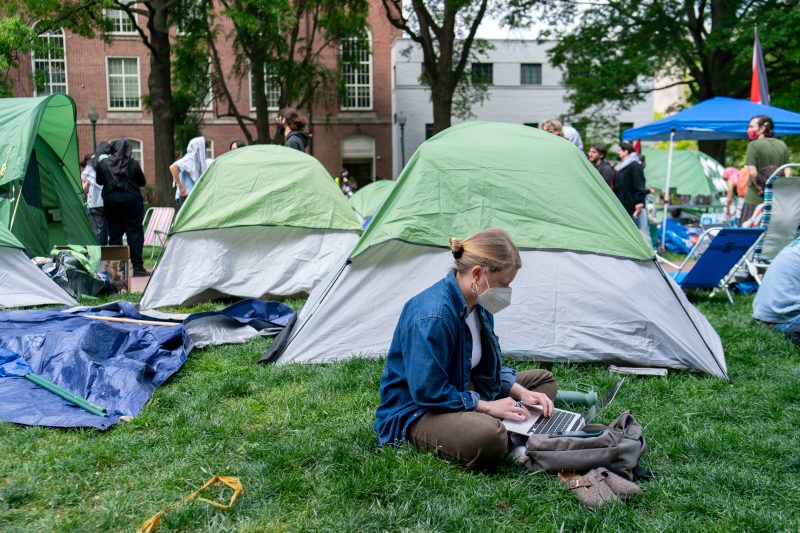Historically, generational misunderstandings and conflicts have been a recurring theme. The friction often arises from differences in perspectives, lifestyles, and priorities between age groups. Sometimes, the chasm seems too wide to bridge, but understanding the roots of these confrontations provides insights into how they can be managed for a harmonious coexistence.
One indispensable fact to grasp when discussing the dichotomy between old and young is the influence of societal developments and technological advancements in shaping the views of each generation. Older generations were nurtured in times when traditional values were held in high regard, and lifestyles were simpler. On the other hand, younger generations have been brought up during an era characterized by the rapid development of technology, changing societal norms, and immense competition.
These distinct environments lead to varying perspectives and opinions. Older individuals tend to be more conservative, holding tightly to established norms, values, and ways of life they have known. The younger ones, having been exposed to a variety of cultures and societal norms courtesy of the internet age, have a much more diverse and liberal outlook on life.
In addition, differing priorities also come into play. Older people often hold grandkids, retirement plans, and health concerns close to their hearts. Conversely, the younger individuals place a high emphasis on career growth, social status, and the pursuit of personal interests and hobbies. This contrast in focus often acts as a source of misunderstanding and miscommunication.
Generation gaps tend to breed misconceptions and stereotypes, another contributing factor to the disconnect. Older people are frequently painted as set in their ways, unwilling to adapt, and out of sync with modernity. On the flip side, the youth are often viewed as disrespectful, reckless, and detached from the realities of life. These erroneous beliefs only perpetuate the disconnection, making it harder for both sides to find common ground.
Notably, however, the same historical patterns suggest that this tension is not just a mere coincidence, but rather an expected and perhaps even necessary part of societal evolution. Each generation, with its unique experiences and viewpoints, influences societal progress in its distinctive way. Older generations, with their wisdom and experience, provide the bedrock, while the vibrancy and innovative spirit of the younger cohorts drive society forward into the future.
Moreover, while misunderstandings are rife, there exists a possibility for learning, exchange, and mutual respect. Instances abound where older people have embraced technological advancements courtesy of their younger counterparts. Simultaneously, young individuals who accept the wisdom and life lessons






























